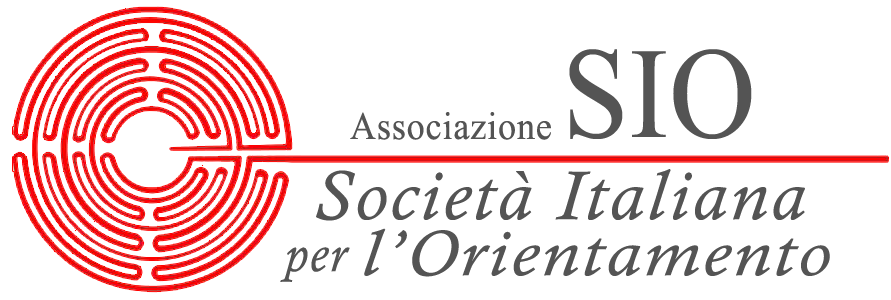In the complex contexts and unpredictable times we are living, there are many emergencies and problems to be faced. Reduction of labour, globalisation, poverty, terrorism, walls…. How should we take care of our present and future? How can we build inclusive societies capable of generating quality lives, equity and decent work? The scholars and policy-makers from counseling, vocational guidance, career education, economics, sociology, anthropology, education, as well as others are all call to identify innovative and economic development strategies to help individuals, in particular individuals at risk of social exclusion, to gain access to decent work and to society in term of full participation.
The International conference “Counseling and Support – Decent work, equity and inclusion: password for the present and the future”, which was held in Padova from 5 to 7 October 2017, focused attention to the signals coming from different contexts and mobilized scholars of counseling, vocational guidance, career education, inclusion… and all those who intended to support people in their search for a quality future, satisfaction relationships and decent work.
The conference aimed at stimulating international, multi- and interdisciplinary debates and discussions on the theoretical and methodological approaches, resources, instruments, applications and professional communities that must be considered to improve access to decent work for all, inclusion and social equity.
Decent Work, Equity, Inclusion were the key passwords that guided the different international keynotes focused on promoting a future sustainable development; on the relationship between decent work, equity and inclusive contexts; on the challenges of career counseling in promoting decent and sustainable work for the improvement of quality of life; on the need of methodologically analyzing inclusion; on the need for an intercultural perspective especially for the vocational guidance of individuals who live in different cultural contexts; on the role of economy and work as a tool to serve people.
The conference was also enriched by approximately 100 parallel sessions and symposia, international and Italian sessions. These sessions, organized in the afternoons of 5th and 6th October, addressed several themes, such as inclusive education; vocational guidance and work inclusion for immigrants; career counseling and guidance in school; career coaching; digital technologies to support decent work; positive resources of workers; right to work, justice and social equity; gender equity in work contexts; vocational guidance and work inclusion for individuals with disability and vulnerability. Also the General Assembly of the European Society for Vocational Designing and Career Counseling (ESVDC) were organized. During the assembly
The President, Prof. Laura Nota introduces and presents prof. Raoul Van Esbroeck, the 2017 ESVDC Award Winner. Prof. Jean-Pierre Dauwalder introduces dr. Ariane Froidevaux, the young researcher who had won the 2017 ESVDC Young Researcher Awards.
Elections Executive Committee were also performed during the meeting. The attendees approved unanimously the following Executive committee:
Laura Nota, President
Jacques Pouyaud,Treasurer
Jonas Masdonati, Secretary
Hazel Reid, EB member
Gudbjörg Vilhjalmsdottir, EB member
Jean-Pierre Dauwalder for the research issue
Jerome Rossier as Auditor.
During the closing ceremony, awards were provided to scholars and institutions who were distinguished for their distinguished contributions to the benefit of inclusion.
The conference has given also welcome to a new manifesto for inclusion!!!
Nowadays, in fact talking about inclusion certainly requires going beyond personal sphere and entering professional and community spheres and roles; it requires thinking of a series of goals that can be placed in any context at the core of its activities, either dealing with personal, professional or community objectives that should be broad, private and public for the benefit of inclusion.
More than 600 people from several European countries, United States, Canada, Brazil, South Africa, Mozambique, India, China, Japan, and Australia have offered their thoughts on their personal attitudes, stated their commitments and identified tasks that they believe they can undertake in favor of inclusion. Students, teachers and educators but also scholars and professionals from the field of counseling and career counseling, economics, social sciences and education, and professionals interested in cooperation, in solidarity and in the need to unite efforts and personal knowledge have answered the call to write a new Manifesto for Inclusion in order to activate and support sustainable inclusive growth, by always keeping at the core of the debate the issue of people’s dignity and the defense of their rights. The result is a variety of interests and nuances, of experiences and thoughts … not to mention the key sentences, mottos and proverbs that have brought diverse cultures on inclusion to the Conference. And it is just like a wave that highlights differences and allows individuality to emerge.
The Manifesto and all the material received, collected and organized in a book, is free download to the following ling visit http://www.unipd.it/counseling-and-support2017

